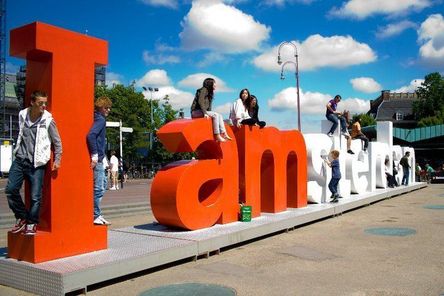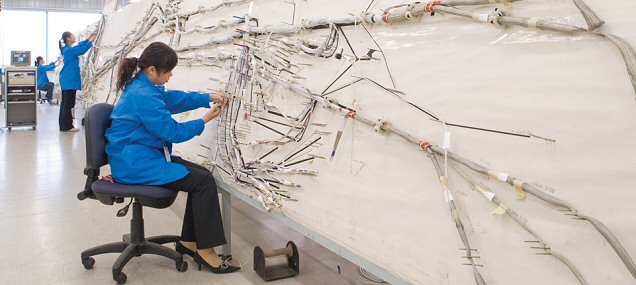

Chinese investment in the Netherlands is on the rise but in fairly small numbers. Statistics of the Dutch Central Bank show that Chinese foreign direct investment (FDI) in The Netherlands accounts for just 0,6% of total FDI, or 2,6 billion Euros (2010). Over half of these are less than 5 years old. Not all Chinese companies are here to stay, but we can certainly expect an increase of Chinese FDI in the coming years.
Large players dominate the scene
The investment picture is dominated by a few larger players such as Hong Kong based Hutchinson Whampoa (owner of Kruidvat, ICI Paris and ECT) and telecom-munications provider Huawei. The bulk of Chinese investment is made up of wholesale & retail operators (70%) and services providers (20%). Only a few Dutch companies have become wholy owned subsidiaries of Chinese investors. Among them are Inalfa (car rooftops), Darwind (windenergy) and Ginaf Trucks.
Why do Chinese companies like Holland?
According to a survey by the Advisory Board for Science and Technology in 2012, Chinese companies consider The Netherlands attractive due to its geographical position and infrastructure, the common use of English, its friendly and reliable government and its attractive tax policies. In addition, Dutch companies are valued for their product quality, unique knowledge and innovative capabilities.
Chinese take-overs, therefore, tend to leave the local organization intact, acknowledging that local management, knowledge and skills are essential ingredients to grow their business. They look for larger market shares in Europe and simultaneously open up the Chinese market with new products from their European subsidiary.
What about the smaller fish?
In contrast to the successful larger fish, various sources indicate that close to 40% of registered Chinese companies leave The Netherlands within two years. There is no comprehensive research to back this up with hard data and clear-cut explanations, partly because these companies have left and can’t be traced. What happened? Some of these were just mailbox companies and, as such, never started a ‘real’ company here. Another factor may have to do with the hit & run character of many Chinese companies.
Traditionally, Chinese companies are fast movers and they tend to follow larger or more successful companies in order to get a piece of the pie. Opportunity driven and tactical on the one hand, copycats and ill-prepared on the other. These relatively smaller investors are mostly active in trade related activities and services, due to the gateway position of the Netherlands towards the European mainland. Their added value to the Dutch economy, in terms of know-how, employment and tax income remains fairly small.
How to retain Chinese companies
In addition to the existing acquisition policies to attract Chinese companies, the Dutch could consider investing in better retaining policies. Not to keep the fortune seekers aboard but to catch the fish with potential for growth. Chinese companies that start a new (greenfield) venture in The Netherlands experience several hurdles such as employee visa, language skills, accessing other European markets and finding the right mix of management and communication styles. They tend to seek support within their own Chinese business network but for these issues they could also benefit from closer collaboration with the Dutch.
Many Chinese companies lack a clear understanding of the local business context and culture and as a result don’t localize their HR and marketing strategies. This is one area where tailored programs could make Chinese companies more successful and expats more comfortable in settling down. As guide and gateway to Europe, the Dutch could also support their Chinese guests in making better connections with other European markets in order to enlarge their operational and business scope. After all, Chinese FDI in The Netherlands holds a large potential for future growth.



